Regulation
GameStop Short Seller Andrew Left Deleted X Posts Emerge Amid Lawsuit

Andrew Left, a prominent short seller known for his role in the GameStop trading frenzy, is currently facing serious legal trouble from the U.S. Securities and Exchange Commission (SEC). Now, his deleted posts on the social media platform X (formerly Twitter) have resurfaced in a Justice Department indictment. Moreover, the indictment accuses Left of market manipulation and lying to investigators. They also questioned the legality of his past stock commentary and trading practices.
Prosecutor Arguments In GameStop Seller Andrew Left’s Case
Andrew Left and his research firm, Citron Research, gained significant attention during the GameStop short squeeze in early 2021. Left, who had taken a short position on GameStop, publicly criticized the company. He described it as overvalued and predicting its stock price would fall.
However, retail investors, largely mobilized through the Reddit community r/WallStreetBets, drove up GameStop’s stock price. This resulted in substantial losses for short sellers like Left. According to the Justice Department, Andrew Left’s deleted X posts were part of a broader strategy to manipulate the market for his benefit.
Hence, the indictment alleges that Left used the Citron Research account to create “catalysts,” events that could have significant effect on stock prices. Thus, he allegedly profited from his advance knowledge of these market movements.
However, James Spertus, Left’s defense attorney, argued that the indictment misrepresents Left’s actions. Spertus insists that Left’s posts represented his genuine views and that it’s “preposterous” to claim they could significantly move large-cap stocks. Moreover, he argued that Left’s reports included disclaimers advising against trading based on his posts.
Also, the lawyer noted that that all the information Left shared was public, not insider knowledge. In addition, the defense lawyer emphasized that there is no correlation between a stock’s target price and the price at which Left would close his short position. Furthermore, he stated that assuming such a connection is a governmental error, according to a Bloomberg report.
The short seller, who pleaded not guilty in LA this week, is potentially facing decades in prison if found guilty. If the SEC lawsuit against Left goes to trial, it could reveal how short sellers use social media. It might also help distinguish between honest commentary and intentional market manipulation.
Also Read: Do Kwon Faces South Korea Extradition After Court Ruling
Overview of Stock Manipulation By Left
Andrew Left’s indictment details several instances where Left allegedly manipulated stock prices through misleading X posts:
1. Roku Inc.: On January 8, 2019, Left shorted Roku and then labeled the stock “uninvestible” on X. He later deleted the post and replaced it with a more neutral statement. Hence, prosecutors allege this was an intentional effort to manipulate the stock’s price, from which Left profited $700,000.
2. Beyond Meat Inc.: In mid-May 2019, Left built a short position in Beyond Meat. On May 17, he posted disparaging remarks about the company on X. This caused a drop in stock price. He quickly closed his position, earning substantial profits within minutes of his post.
3. American Airlines Group Inc.: On June 5, 2020, Left shorted American Airlines and then posted a negative assessment of the company’s balance sheet. Prosecutors say he closed his position within 43 minutes, making $429,000.
4. Cronos Group Inc.: Left shorted Cronos Group and posted negative comments about the cannabis company on August 30, 2018. Moreover, he began closing his position shortly after his posts, reducing his pre-tweet position by 61% by the end of the day.
5. Tesla Inc.: On October 23, 2018, Left promoted his long position in Tesla stock on X, only to sell more than half of his position minutes later, earning $1 million. He continued to sell off his position over the next trading day, making a total profit of $6.6 million.
6. Nvidia Corp.: On November 20, 2018, Left received a tip and bought Nvidia stock, promoting it on X shortly after. Therafter, he sold all his shares within two hours, making $930,000.
7. Facebook Inc.: On December 26, 2018, Left bought Facebook shares and posted a favorable analysis two days later. He started selling his shares within hours, making $680,000 in profit.
Also Read: Just-In: Elon Musk Faces Legal Hurdles Amid X’s Content Deal Cancelation
Disclaimer: The presented content may include the personal opinion of the author and is subject to market condition. Do your market research before investing in cryptocurrencies. The author or the publication does not hold any responsibility for your personal financial loss.
Regulation
US SEC Drops Charges Against Hawk Tuah Girl Hailey Welch

Hawk Tuah girl Hailey Welch, known for her association with the controversial $HAWK token, has been cleared of any wrongdoing after a lengthy investigation by the U.S. Securities and Exchange Commission (SEC). The SEC has decided not to press charges against Welch in connection with the rapid rise and subsequent collapse of the meme-based cryptocurrency.
US SEC Investigation Into Hawk Tuah Girl Concludes Without Charges
The SEC had launched an investigation into the $HAWK token after its dramatic price drop. The token, which was linked to Welch’s viral persona, initially saw a market cap surge to $490 million before crashing by over 90%. Investors who were impacted by the crash filed a lawsuit against those behind the project, alleging that the coin had been promoted and sold without proper registration.
Hawk Tuah girl Hailey Welch, who cooperated fully with the investigation, expressed relief after the SEC’s decision. “For the past few months, I’ve been cooperating with all the authorities and attorneys, and finally, that work is complete,” Welch told TMZ.
Her attorney, James Sallah, confirmed that the SEC had closed the case without any findings against her, adding that there would be no monetary sanctions or restrictions on Welch’s future involvement in cryptocurrency or securities.
This Is A Developing News, Please Check Back For More
Disclaimer: The presented content may include the personal opinion of the author and is subject to market condition. Do your market research before investing in cryptocurrencies. The author or the publication does not hold any responsibility for your personal financial loss.
Regulation
Sonic Labs To Abandon Plans For Algorithmic USD Stablecoin, Here’s Why
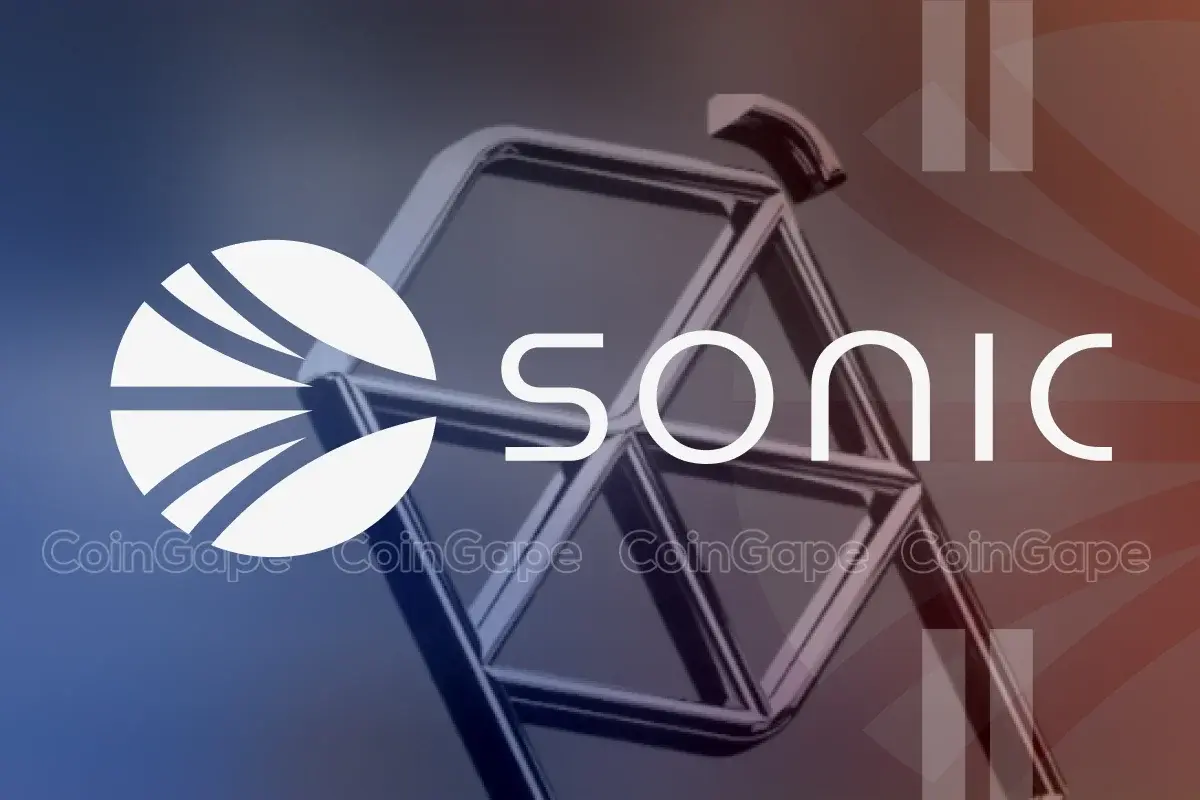
Barely a week after hinting at launching an algorithmic USD stablecoin, Sonic Labs is shuttering its plans. Sonic Labs co-founder Andre Cronje revealed that incoming stablecoin regulation in the US contributes to the change of stance.
Sonic Labs Makes U-Turn Over Algorithmic USD Stablecoin
In mid-March, Sonic Labs disclosed plans for a yield-generating algorithmic stablecoin for its blockchain. However, new developments in the US regulatory landscape are forcing the company to ditch its algorithmic stablecoin ambitions.
Sonic Labs co-founder Andre Cronje confirmed the change in direction via an X post following the release of the full draft of the STABLE Act by Congress for clearer oversight. According to the text, lawmakers are pushing for a two-year moratorium on algorithmic stablecoin, souring Sonic Labs plans.
Unlike mainstream stablecoins backed by fiat or other commodities, algorithmic stablecoins rely on smart contracts to maintain their peg. The 2022 implosion of Terra’s ecosystem following the de-pegging of its TerraUSD (UST) algorithmic stablecoin stunned regulators.
“We will no longer be releasing a USD-based algorithmic stablecoin,” said Cronje.
In a light-hearted note, community members teased potential strategies for Sonic Labs to sidestep incoming stablecoin regulation. Apart from the loophole of launching the algorithmic stablecoin before the regulation goes live, Cronje teased an algorithmic dirham that will be denominated in USD.
Industry Players Are Bracing For New Stablecoin Regulations
Stablecoin issuers are steeling themselves for incoming stablecoin regulations in the US. While the GENIUS Act and STABLE Act continue to inch forward, there are common denominators in both bills.
For starters, there is the requirement for equivalent reserves at a 1:1 ratio with both bills steering clear of algorithmic stablecoins. The White House is favoring the GENIUS Act over the STABLE Act as lobbyists rally to stifle the possibility of a Conference Committee.
Authorities are targeting stablecoin regulation to reach Trump in two months as issuers jostle for position. Tether, Circle, and Ripple are staking their claims to lead the US government’s ambitions to rely on stablecoins to maintain the dollar’s dominance.
Disclaimer: The presented content may include the personal opinion of the author and is subject to market condition. Do your market research before investing in cryptocurrencies. The author or the publication does not hold any responsibility for your personal financial loss.
Regulation
FDIC Revises Crypto Guidelines Allowing Banks To Enter Digital Assets
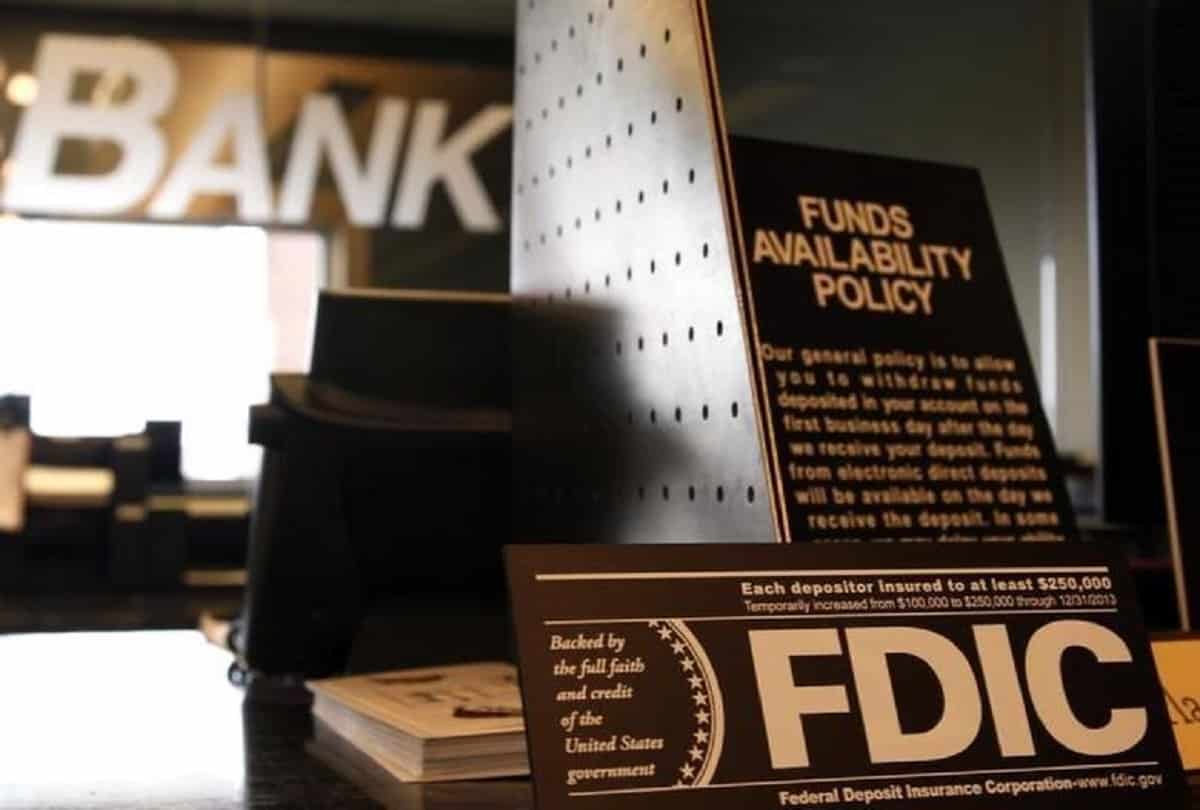
The Federal Deposit Insurance Corporation (FDIC) has updated its guidelines, enabling banks to engage in cryptocurrency-related activities without seeking prior approval. This new policy shift signals a change in the FDIC’s approach to the growing role of digital assets in the banking sector.
New FDIC Guidelines on Crypto-Related Activities
The FDIC has issued a new Financial Institution Letter (FIL-7-2025), which provides updated guidance for banks looking to engage in cryptocurrency activities. The new guidance rescinds the previous policy set out in FIL-16-2022, which required banks to notify the FDIC before engaging in such activities.
Under the new rules, banks can now participate in permissible crypto-related activities without waiting for FDIC approval, as long as they manage the risks appropriately.
This change is seen as a shift in the FDIC’s stance, following the agency’s earlier stance that required prior approval for crypto engagements. FDIC Acting Chairman Travis Hill expressed that this new approach aims to establish a more consistent framework for banks to explore and adopt emerging technologies like crypto-assets and blockchain.
“With today’s action, the FDIC is turning the page on the flawed approach of the past three years,” said Hill in a statement.
This Is A Developing News, Please Check Back For More
Disclaimer: The presented content may include the personal opinion of the author and is subject to market condition. Do your market research before investing in cryptocurrencies. The author or the publication does not hold any responsibility for your personal financial loss.
-

 Regulation21 hours ago
Regulation21 hours agoFDIC Revises Crypto Guidelines Allowing Banks To Enter Digital Assets
-

 Altcoin24 hours ago
Altcoin24 hours agoDogecoin Price Set To Reach $1 As Once In A Year Buy Opportunity Returns
-
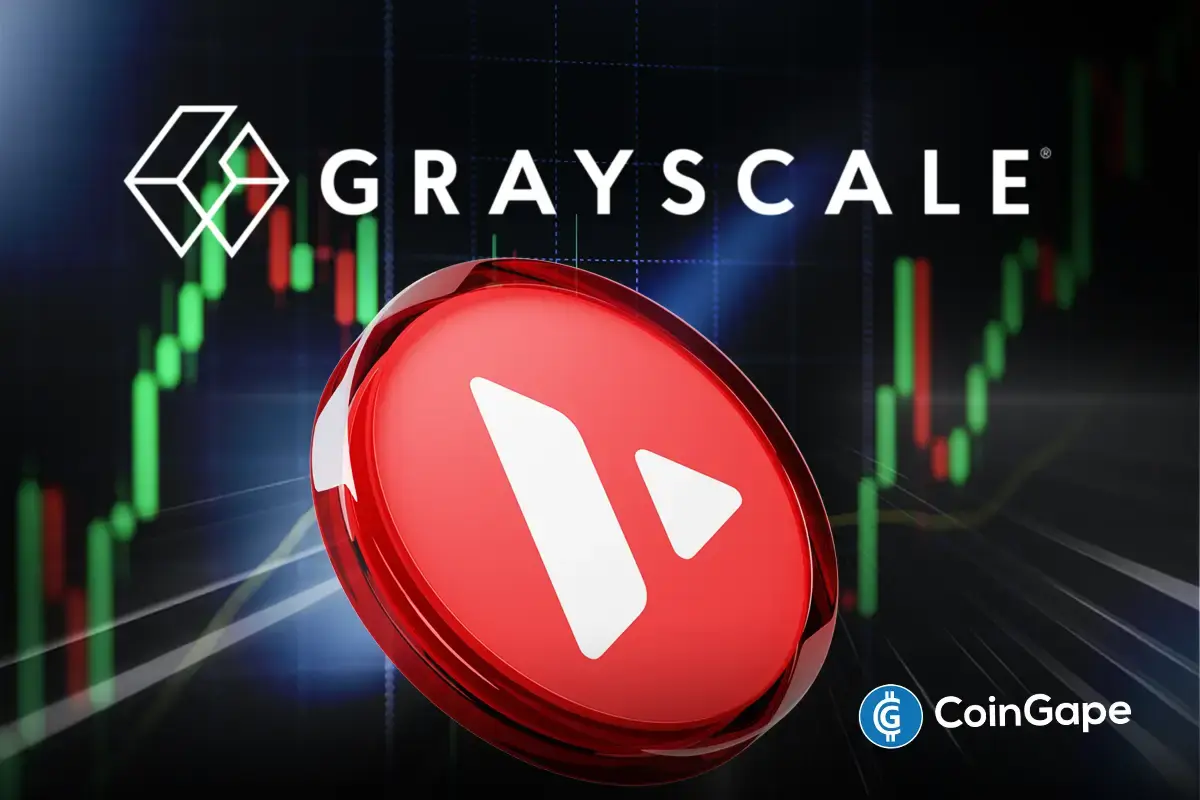
 Regulation24 hours ago
Regulation24 hours agoAVAX Price Eyes Rally To $44 As Grayscale Files For Avalanche ETF
-

 Altcoin21 hours ago
Altcoin21 hours agoShiba Inu Price Set To Repeat History? Falling Wedge Pattern Shows A Rally
-

 Altcoin16 hours ago
Altcoin16 hours agoAnalyst Reveals Bullishness On Ethereum Price At This Point, Can It Hit $4,000 Again?
-

 Regulation20 hours ago
Regulation20 hours agoSonic Labs To Abandon Plans For Algorithmic USD Stablecoin, Here’s Why
-

 Market24 hours ago
Market24 hours agoAnalysts Reveal Q2 Crypto Market Outlook: BTC at $200,000?
-

 Market19 hours ago
Market19 hours agoCoinbase Users Lost $46 Million to Crypto Scams in March







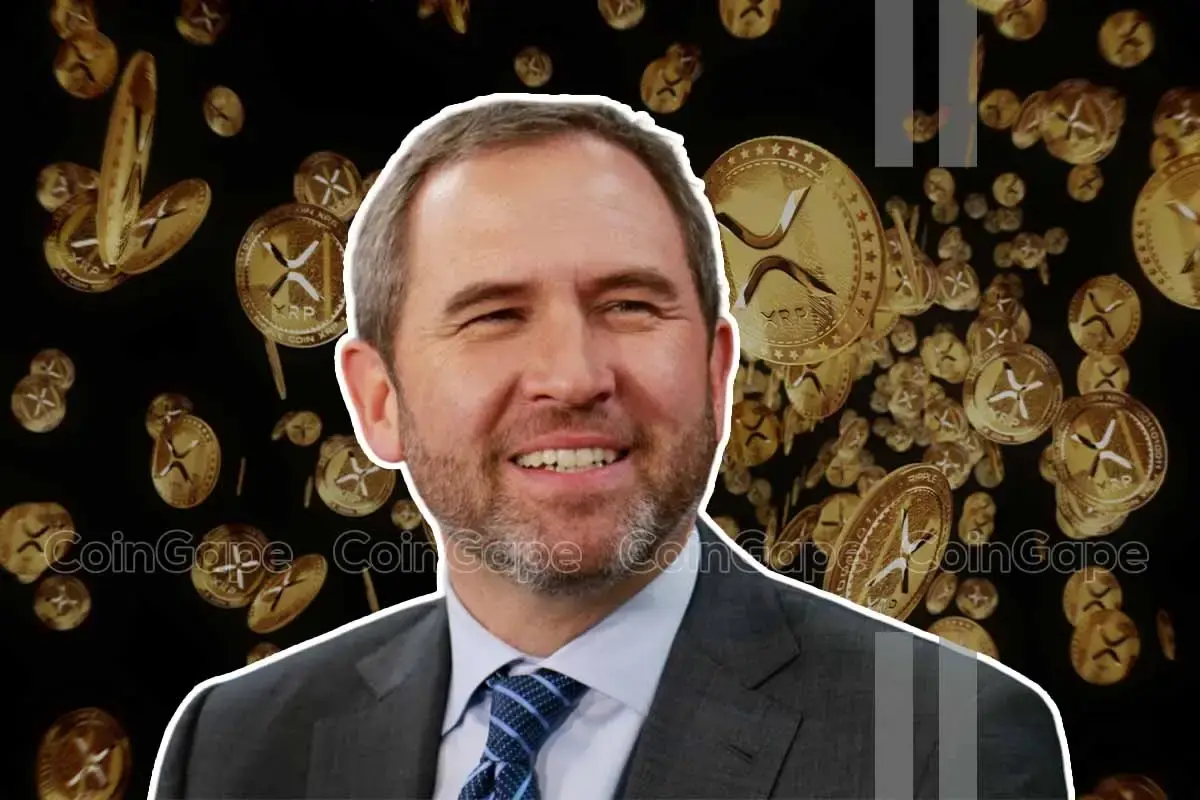


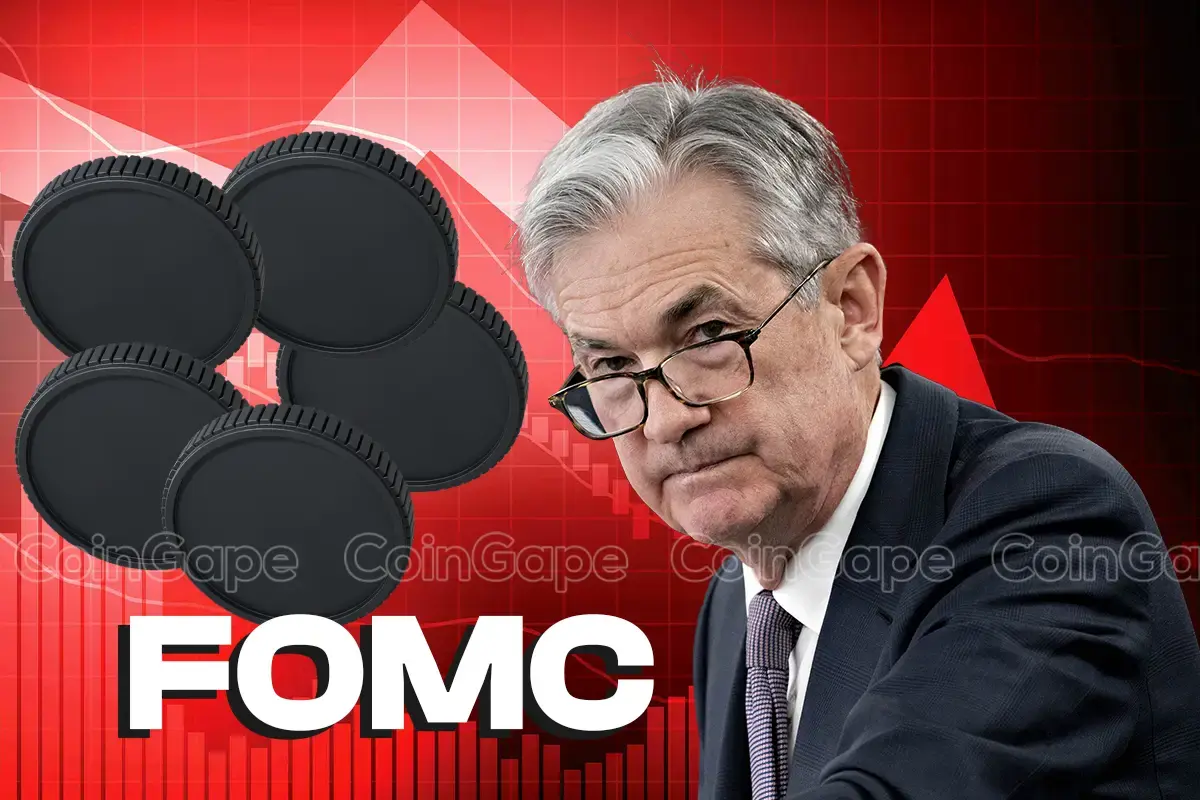




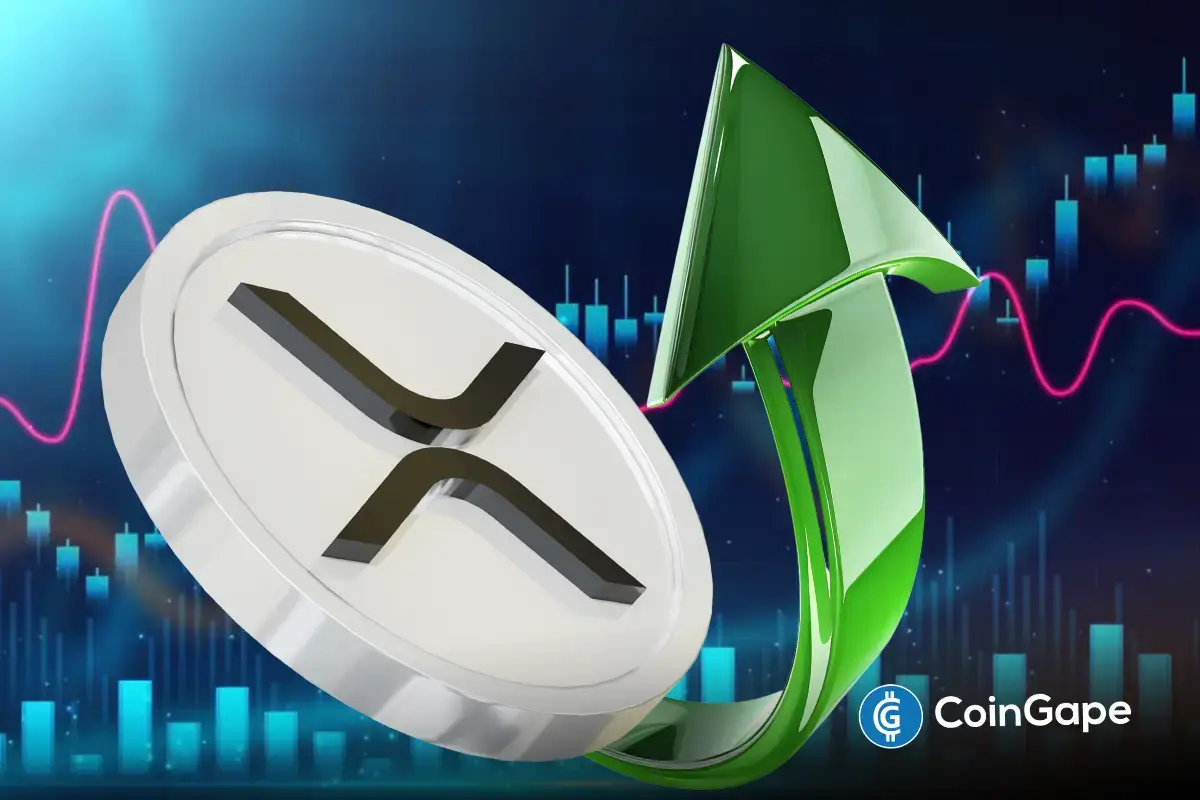







✓ Share: